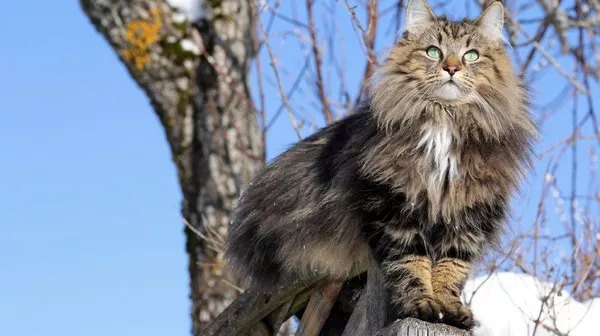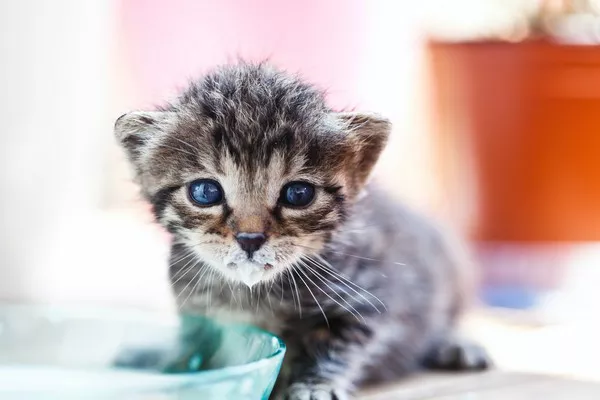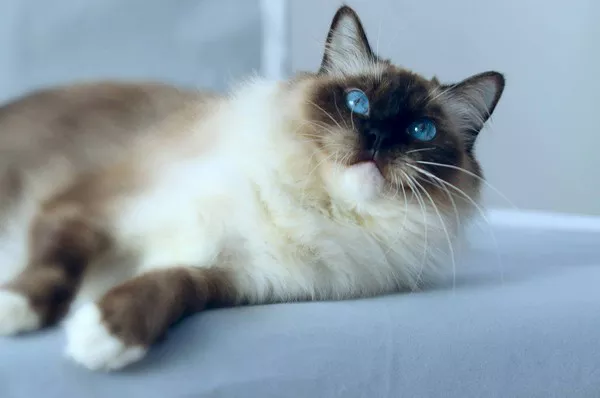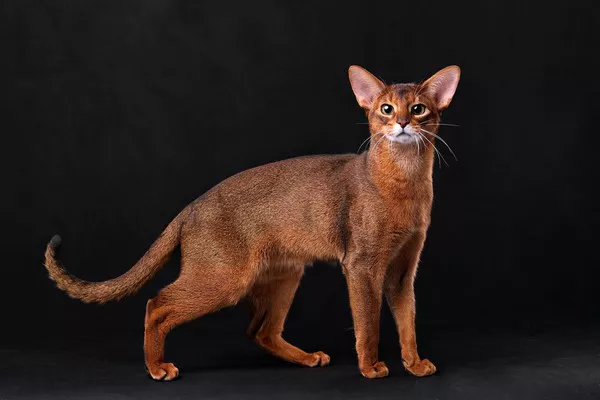Cats are among the most popular pets around the world, and with numerous breeds to choose from, cat lovers have a wide array of options. When it comes to large, majestic felines, two breeds that often come to mind are the Maine Coon and the Norwegian Forest Cat. While both breeds possess remarkable qualities, they also have distinct differences that set them apart. In this article, we will delve into the unique characteristics of these two breeds, exploring their origins, physical attributes, temperaments, and care requirements.
1. Origins:
The Maine Coon and the Norwegian Forest Cat have fascinating histories that offer insights into their development as distinct breeds.
Maine Coon:
The Maine Coon is believed to be one of the oldest natural cat breeds in North America. The origin of the breed remains uncertain, with various theories proposed. One popular theory suggests that the Maine Coon descended from longhaired cats brought by Vikings during their exploration of North America. Another theory suggests that they are the result of breeding between domestic cats and raccoons, which is biologically impossible but adds an element of folklore to the breed’s history.
Norwegian Forest Cat:
The Norwegian Forest Cat, or “wegie” as it is affectionately called, hails from Norway. This breed has a long and storied history, dating back thousands of years. It is believed that the Norwegian Forest Cat traveled with the Vikings on their voyages, serving as skilled mousers on their ships. Over time, these cats adapted to the harsh Scandinavian climate and developed their unique characteristics to survive in the rugged forests of Norway.
2. Physical Attributes:
Both the Maine Coon and the Norwegian Forest Cat possess distinctive physical features that distinguish them from other breeds.
Maine Coon:
The Maine Coon is renowned for its impressive size and muscular build. It is one of the largest domestic cat breeds, with males weighing between 13 to 18 pounds (5.9 to 8.2 kilograms) and females ranging from 8 to 12 pounds (3.6 to 5.4 kilograms). Their bodies are long, rectangular, and substantial, complemented by a prominent chest and powerful legs. Maine Coons have a thick, water-resistant double coat that comes in various colors and patterns, providing insulation against harsh weather conditions.
Norwegian Forest Cat:
The Norwegian Forest Cat is another large breed known for its robust build. Males typically weigh between 13 to 22 pounds (5.9 to 10 kilograms), while females weigh around 9 to 15 pounds (4.1 to 6.8 kilograms). Their bodies are well-muscled and agile, displaying a graceful appearance. The Norwegian Forest Cat has a dense, water-repellent double coat with a woolly underlayer, which helps them stay warm during frigid winters. They come in an array of colors and patterns, reflecting their natural environment.
3. Temperament:
Understanding the temperament of a cat breed is crucial when choosing a pet that aligns with your lifestyle and preferences.
Maine Coon:
Maine Coons are known for their gentle and sociable nature. They are renowned for being friendly, outgoing, and tolerant, making them excellent companions for families with children and other pets. Maine Coons often form strong bonds with their owners and enjoy participating in household activities. They have an inquisitive nature and are known to be intelligent cats who can learn tricks and games easily.
Norwegian Forest Cat:
Norwegian Forest Cats have a slightly reserved and independent temperament. They are generally good-natured and loving towards their human family but may take time to warm up to strangers. This breed tends to be more independent and less demanding of attention compared to the Maine Coon. They are known for their strong hunting instincts and agility, often enjoying climbing and exploring their surroundings.
4. Care Requirements:
Proper care and maintenance are essential to ensure the well-being of any cat breed. Let’s explore the specific care requirements of the Maine Coon and the Norwegian Forest Cat.
Maine Coon:
Maine Coons have a medium to high grooming requirement due to their long, thick coats. Regular brushing is necessary to prevent matting and hairballs. Their ears should be checked and cleaned regularly to avoid infections. Maine Coons are generally healthy cats but may be prone to certain genetic health conditions such as hip dysplasia and hypertrophic cardiomyopathy (HCM). Routine veterinary check-ups and a balanced diet are vital to maintaining their overall health.
Norwegian Forest Cat:
The Norwegian Forest Cat has a moderate grooming requirement. Their dense coats require regular brushing to remove loose hair and prevent matting. Similarly, their ears and teeth should be checked regularly. This breed, like the Maine Coon, may be predisposed to certain genetic health conditions.


























